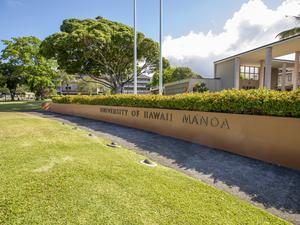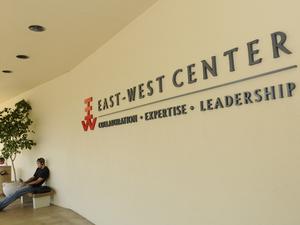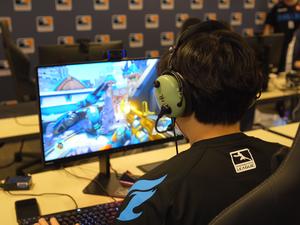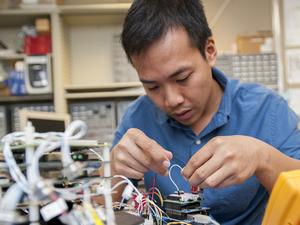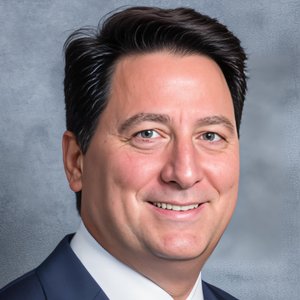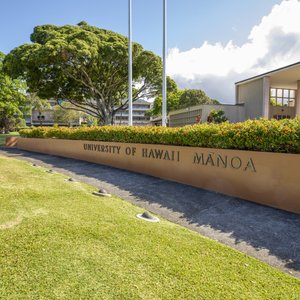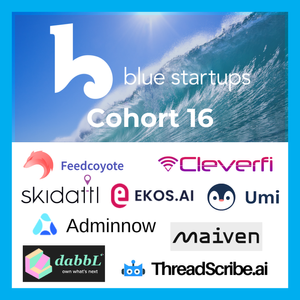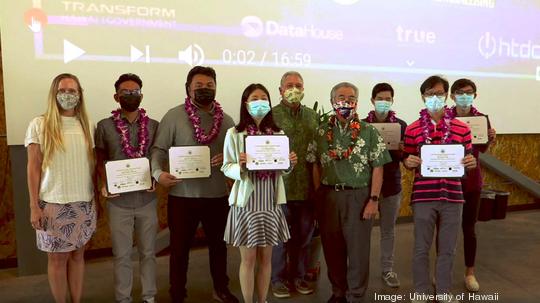
A handful of students at the University of Hawaii and Waipahu High School recently had the opportunity to work with technology business leaders to find solutions for stormwater drainage issues.
The Community Innovation Mentorship Program, or CIMP, tasked the 10 UH engineering students with coming up with a prototype future stormwater utility program and workable fees for Oahu. CIMP 2.0 included input from the UH College of Engineering, DataHouse, Belt Collins Hawaii, TRUE Initiative from the Hawaii Executive Collaborative, Transform Hawaii Government and Hawaii Technology Development Corporation.
CIMP's goal is to provide real-world learning opportunities for students. In this case, the task was to provide analysis of runoff at Waipahu High by calculating stormwater utility fees, and testing ways to reduce impact of stormwater soil runoff like expanding capture capacity and adding vegetation. Computer engineering and civil engineering students were broken into separate teams and five Waipahu students assisted with data collection.
“I think this is a real-word experience for me because in the past, I didn’t really have the chance to work with students from different departments, but in this project we were able to work with the civil team, even Waipahu High School, those students and then employees from DataHouse," said Tsz Ching Wong, a UH computer engineering student, in a statement supplied by the university.
As part of their solution, the team developed a prototype website that would allow the Department of Education and other property owners to calculate their theoretical stormwater utility fees.
After the program, students were awarded a certificate by Gov. David Ige on March 21 at the HTDC's Entrepreneurs Sandbox in Kakaako.
Mark Osman from DataHouse mentored the computer engineering team and John Chung from Belt Collins Hawaii mentored the civil engineering team.
“There’s no more hiding behind iPads or computer screens because we really push the concept of thought, connection, communication, accountability, which really becomes paramount to the real world setting," said Osman, DataHouse's project manager, in a statement.
